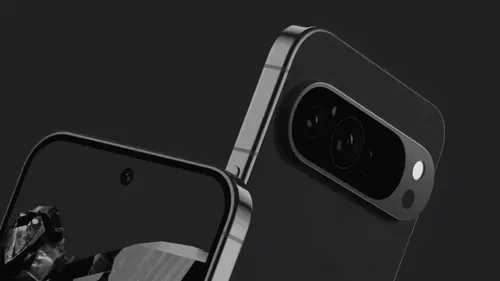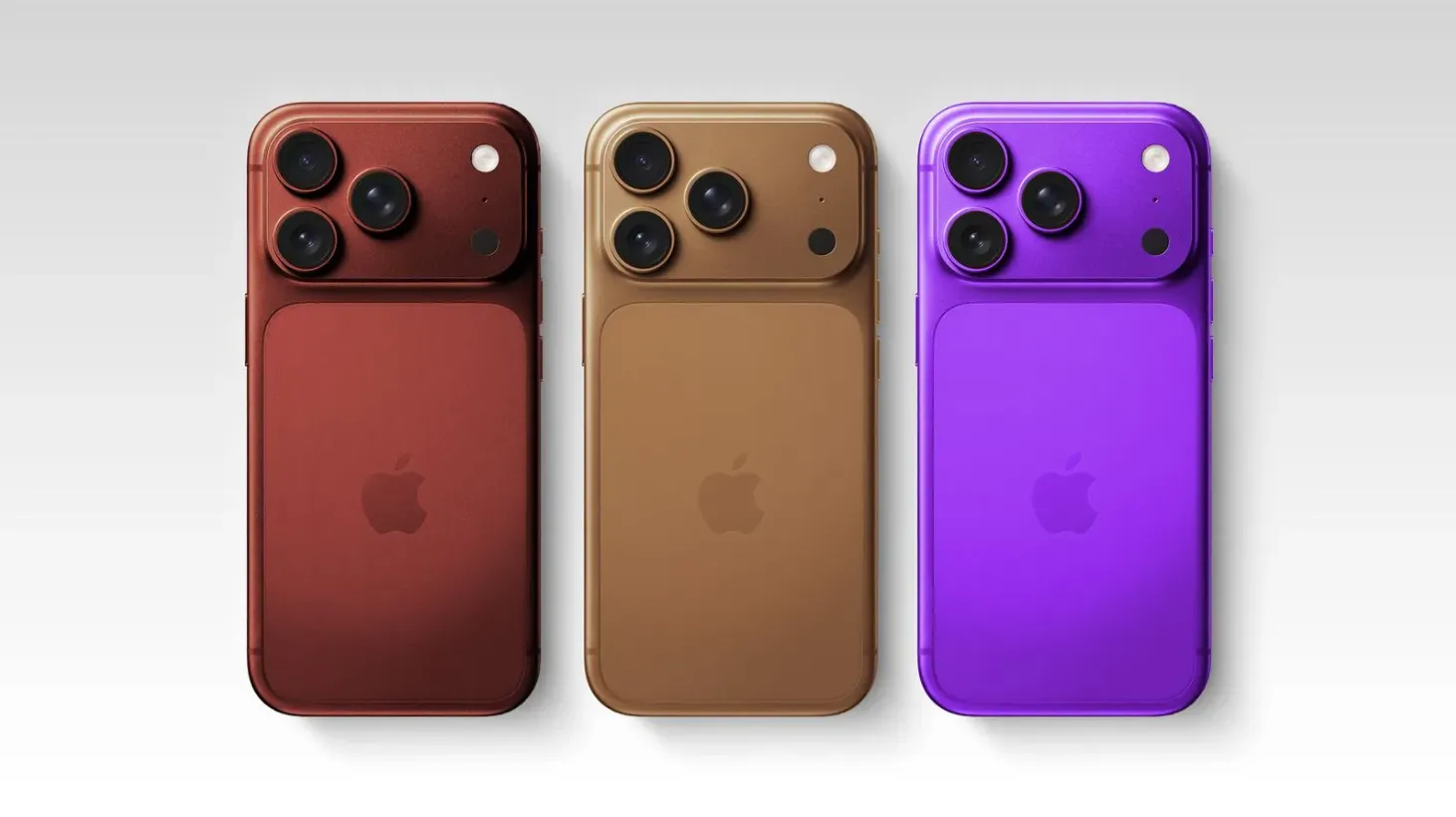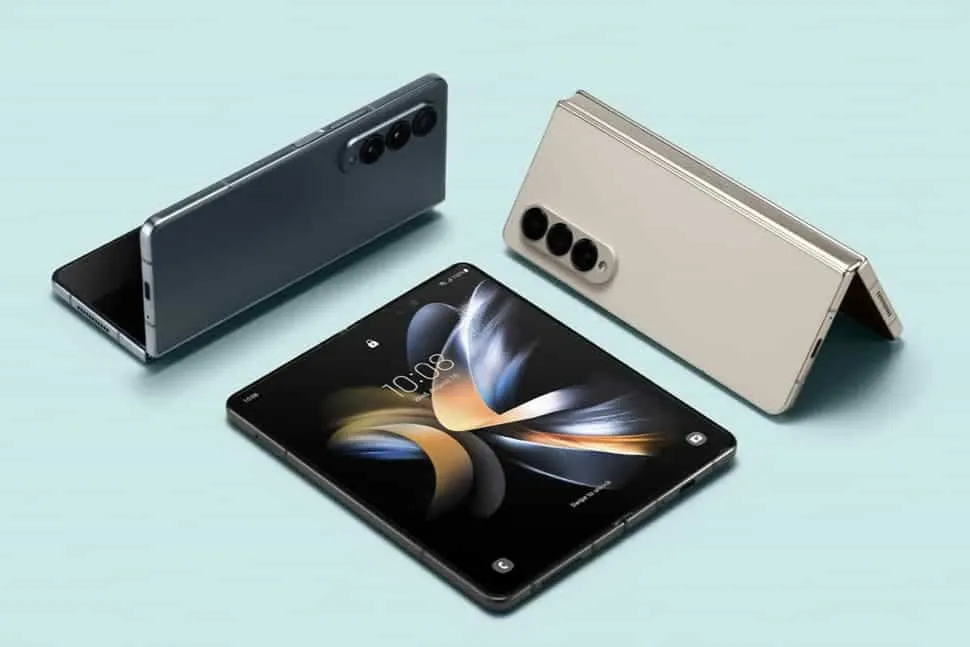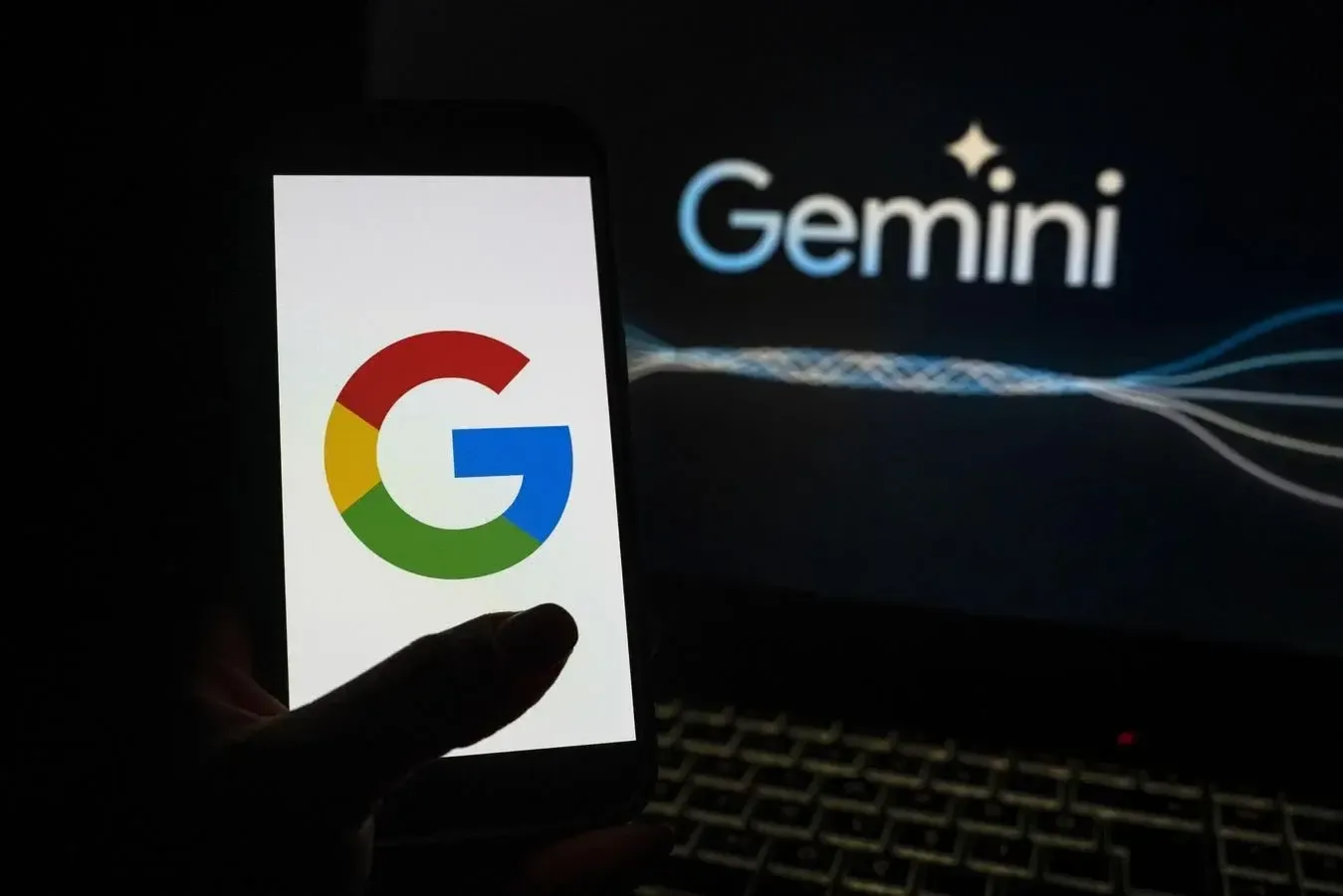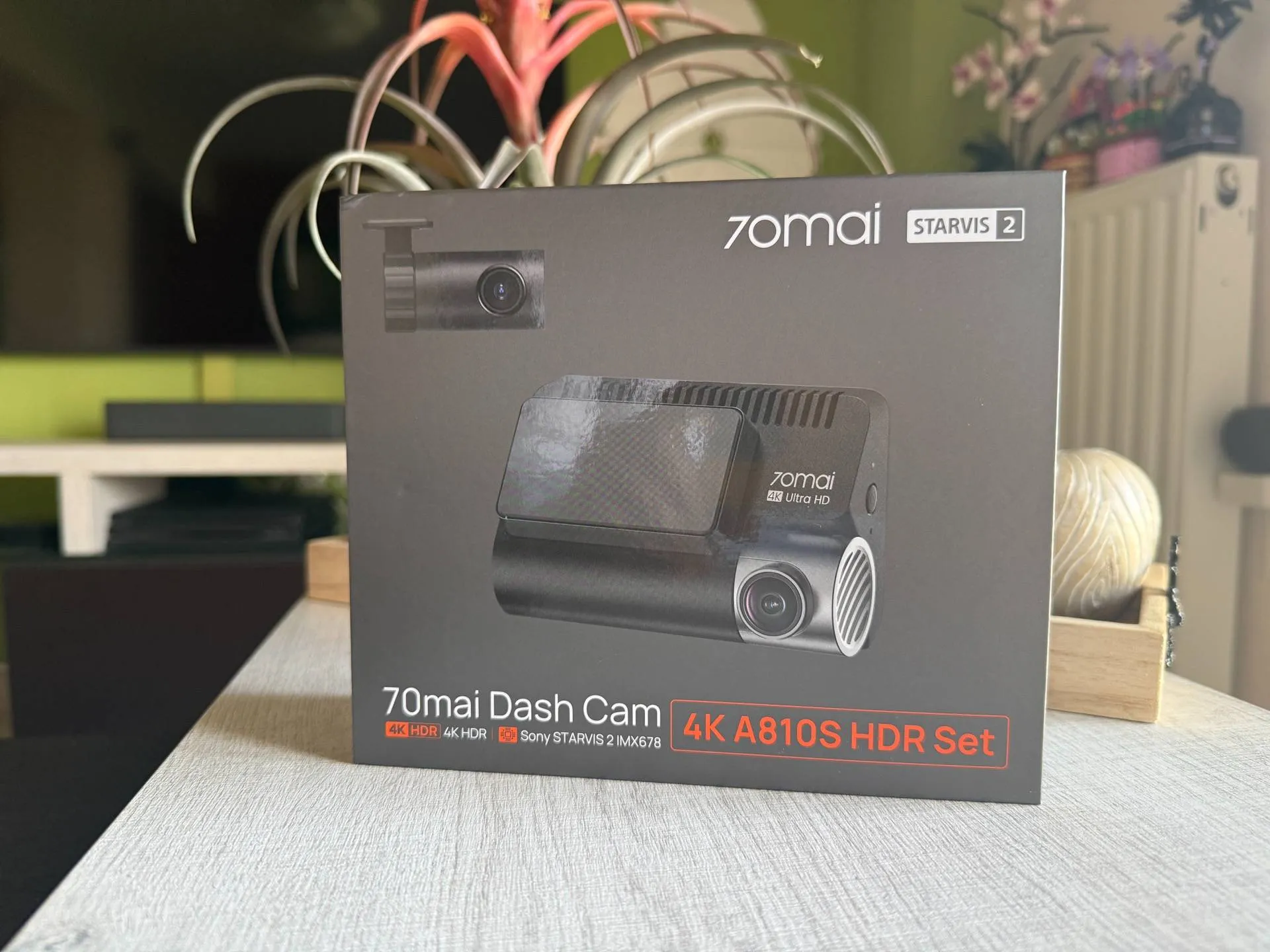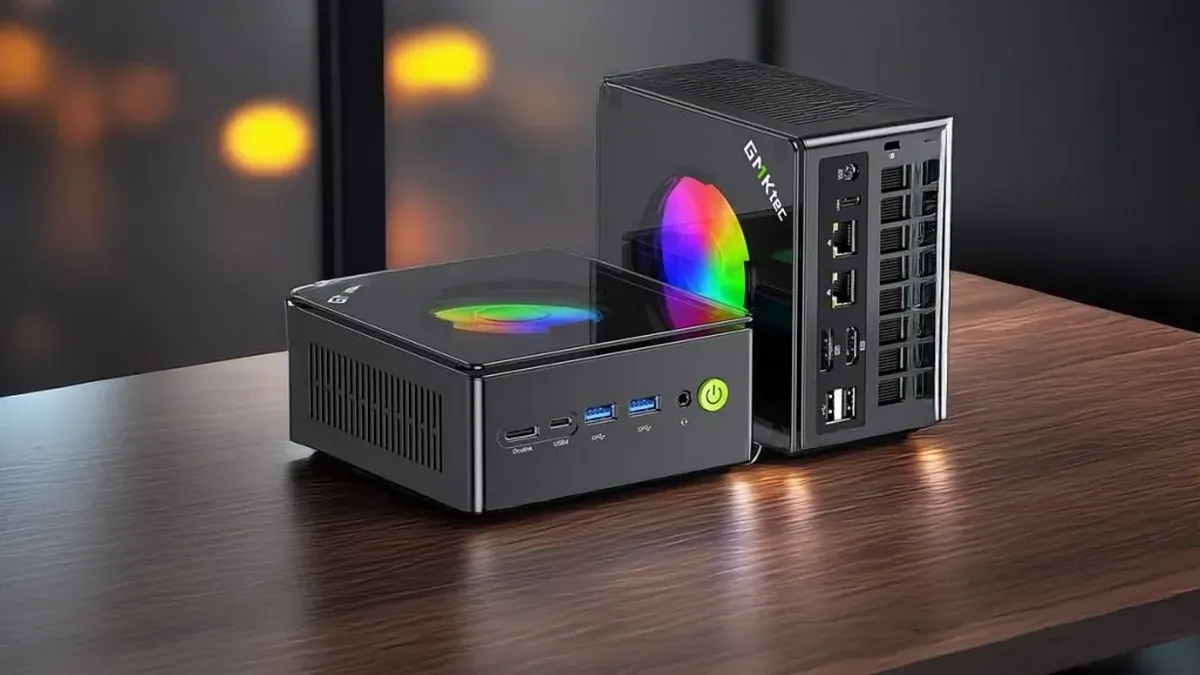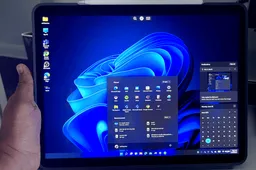Google Pixel 9 Pro XL Raises Privacy and Control Concerns - Sends Private User Data to Google Every 15 Minutes
PhonesThursday, 03 October 2024 at 11:35
Google's latest flagship, the Pixel 9 Pro XL, has sparked new concerns about user privacy. While it brings new AI tools and impressive specs, research has uncovered troubling issues related to data sharing and remote access.According to a recent research by Cybernews researchers, the Google Pixel 9 Pro XL "frequently transmits private user data to the tech giant before any app is installed." The findings suggest that users may not have full control over their own device, raising questions about privacy and ownership.

Constant Data Sharing
Cybernews researchers found that the Pixel 9 Pro XL sends private data to Google every 15 minutes. This happens before any apps are even installed on the device. The data includes the user's location, email address, phone number, and other telemetry. What’s more concerning is that this happens even if GPS is turned off. In this case, the phone uses nearby Wi-Fi networks to estimate the location.
The phone sends these details to various endpoints, including those used for device management, policy enforcement, and even biometric data processing. Google Photos' Face Grouping feature, for example, is contacted without user consent, even if no photos are taken on the phone. This raises concerns about how much control users have over the data their device is sharing.
Remote Control Capabilities
Even more alarming, the Pixel 9 Pro XL appears to have some remote management tools that users aren’t made aware of. The phone connects to Google servers to request updates for “experiments and configurations.” It also attempts to download and run new code, even when not prompted by the user.
This is a big concern because it suggests Google can make changes to the phone without the user knowing. The phone connects to the enterprise-staging environment, which is often less secure. This opens the door to possible risks like data injection or remote code being run on the phone. Although no harmful actions were observed during the study, the infrastructure for such control exists.
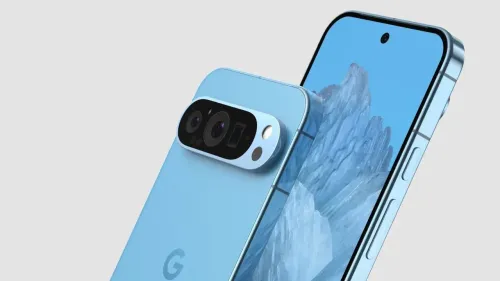
Issues with Apps and Tools
Another issue found was related to the calculator app on the Pixel 9 Pro XL. Researchers noticed that even when the phone is locked, the calculator app is accessible through the notification tray widgets. When opened, the app reveals the full history of calculations, even to users without unlocking the phone. While not the most sensitive data, this is still a breach of privacy. Thankfully, this widget is not enabled by default, but users who do add it may unknowingly expose some of their data.
Implications for User Privacy
The findings raise big concerns about user privacy and control. While some of the data transmitted may be used for improving services, it doesn’t follow best practices for anonymization. The sheer volume of private data, from email addresses to locations, being sent regularly raises doubts about the user’s ownership of the device.
With the ability to run new code and make system changes, it seems users may not have as much control over their device as they think. This raises questions about whether users or Google truly “own” the phone.
One positive aspect is that during the study, no data was sent to third-party services. All data packets went only to Google’s servers. The phone also checks for updates related to known scam numbers every 24 hours, presumably to help with its call-screening feature.
A Call for Transparency
As devices become more integrated with AI and other cutting-edge tools, the line between user control and company management grows thinner. The Pixel 9 Pro XL highlights this issue. It shows that the amount of data being sent may be more than most users are comfortable with.
For users to feel confident in their devices, tech firms need to be more transparent about how they use data. While Google is not alone in this, its position as a tech leader makes this especially critical. As new updates and tools are rolled out, ensuring user control and privacy should be a top priority.
Conclusion
The Pixel 9 Pro XL offers exciting new features, with AI tools at the center. But alongside these innovations, concerns over privacy and user control have come into the spotlight. The Pixel 9 Pro XL privacy concerns center around data sharing and remote control capabilities which suggest that users may not have as much ownership of their device as they believe. While the benefits of these features are clear, tech firms like Google must work harder to ensure that users' privacy and control are always protected.
Popular News
Latest News
Loading
